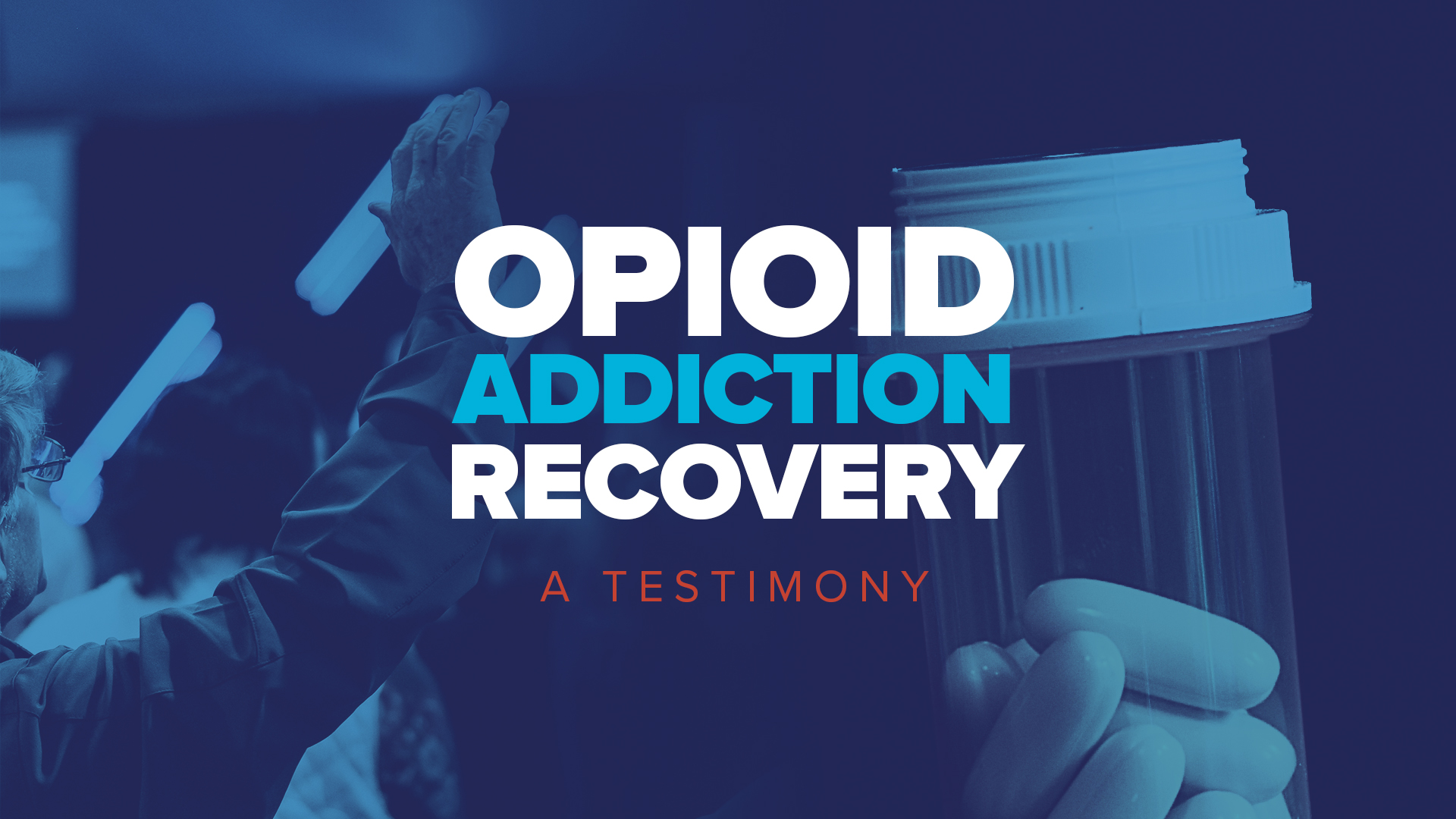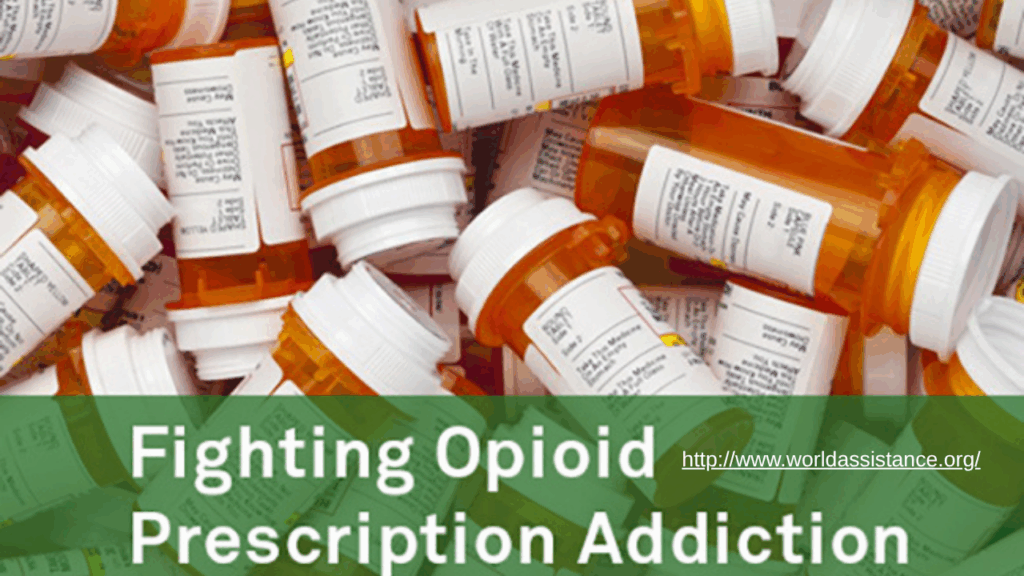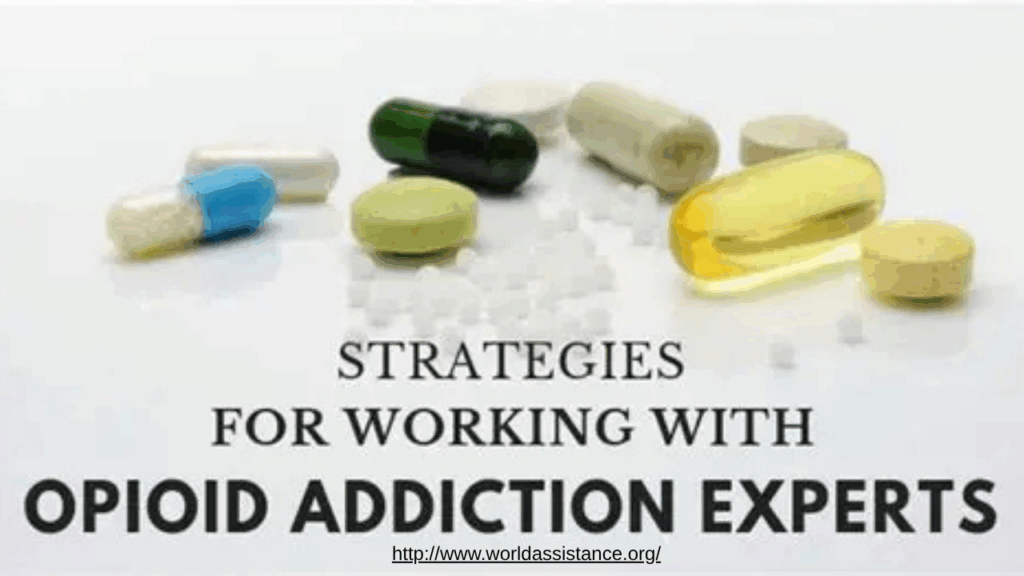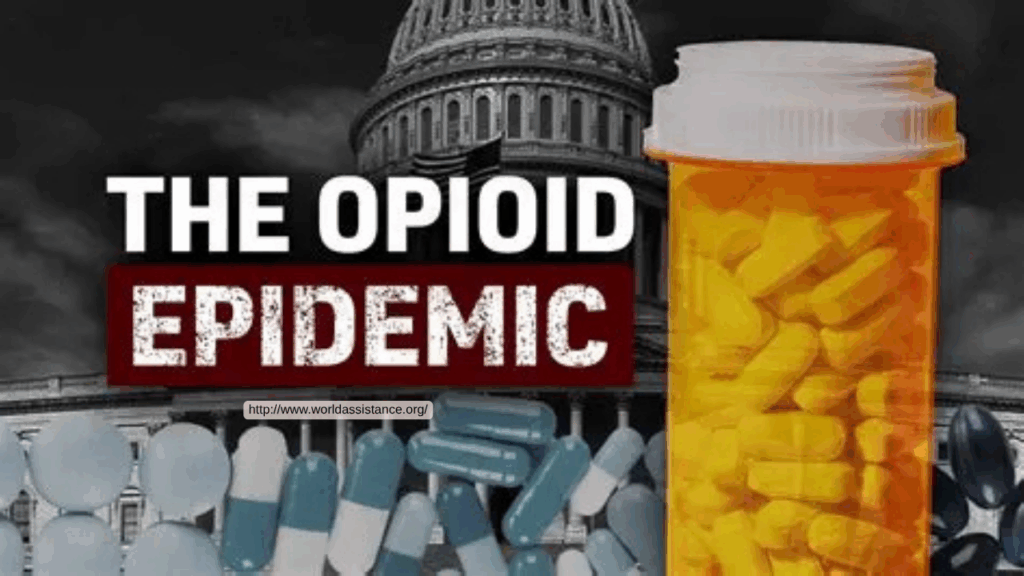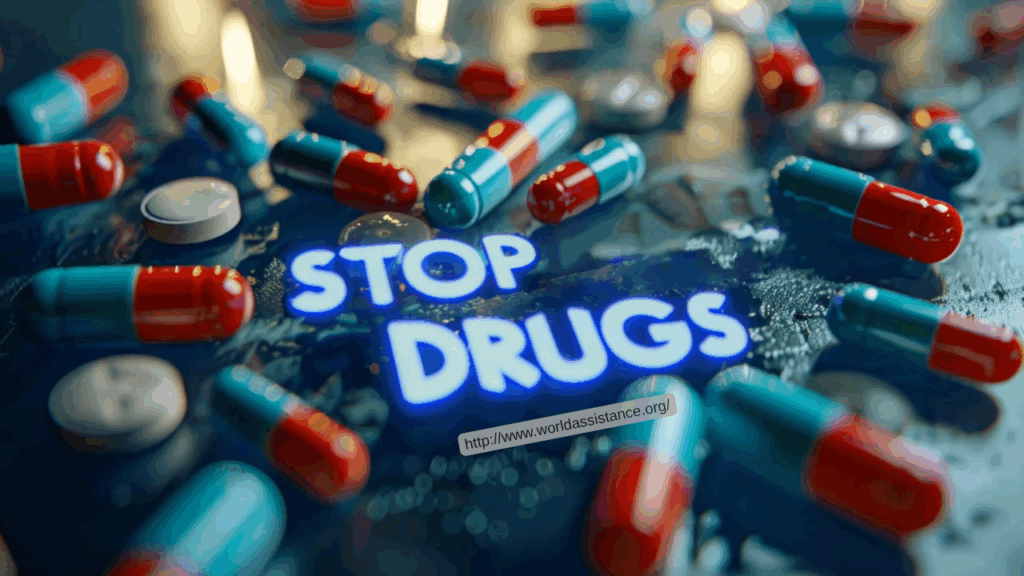Opioid addiction continues to be a pressing global health challenge, affecting millions of individuals and their families. Access to quality treatment varies widely between regions, leaving many without the support they need to recover. In response, international partnerships are stepping in to bridge these gaps, sharing knowledge, resources, and strategies to make addiction treatment more accessible, effective, and compassionate worldwide.
The Importance of Global Collaboration in Opioid Care
Addiction is a complex condition that transcends borders. Prescription practices, illicit drug trade, and social stigma often cross national lines, creating interconnected challenges. Collaborative efforts between countries, healthcare systems, and recovery organizations allow for shared solutions. By working together, nations can implement evidence-based programs, train skilled professionals, and expand treatment access in areas that previously lacked resources.
World Assistance embodies this global vision through individualized care. Their programs integrate inpatient and outpatient treatment, mental health support, and holistic, faith-based approaches. By tailoring care to each person’s needs while drawing on international best practices, World Assistance ensures a more comprehensive path to recovery.
Key Strategies Driving International Opioid Recovery
Sharing Evidence-Based Treatments
International partnerships allow countries to adopt proven treatment methods, such as medication-assisted treatment (MAT) and cognitive behavioral therapy (CBT). These approaches are supported by decades of research and have been adapted to different cultural contexts to maximize effectiveness. By learning from global successes, treatment providers can offer better outcomes and more consistent care to individuals struggling with opioid dependence.
Expanding Harm Reduction Programs
Harm reduction initiatives, such as naloxone distribution, needle exchange programs, and supervised consumption facilities, play a critical role in saving lives and linking people to treatment. International collaboration enables countries to implement these programs quickly and effectively, adapting strategies that have demonstrated success elsewhere. This approach not only reduces overdose deaths but also fosters trust and engagement with treatment services.
Building Skilled Professionals Through Cross-Border Training
A trained workforce is essential for delivering high-quality care. Global partnerships create opportunities for training healthcare providers, counselors, and recovery specialists. By sharing expertise, mentorship, and innovative treatment techniques, countries can strengthen their capacity to offer compassionate, effective care to more individuals in need.
Integrating Holistic and Faith-Based Approaches
Beyond clinical interventions, holistic and faith-based care addresses the full spectrum of a person’s needs—mental, emotional, and spiritual. Practices such as mindfulness, nutritional guidance, physical wellness programs, and spiritual counseling complement traditional therapies, enhancing long-term recovery outcomes. International collaboration allows organizations like World Assistance to incorporate diverse healing methods that resonate with clients from different backgrounds.
Lessons Learned from Global Cooperation
International partnerships highlight several key principles for effective opioid treatment:
- Combining evidence-based clinical care with holistic, individualized support
- Training and equipping professionals to deliver culturally competent care
- Expanding access through harm reduction and community-based programs
- Adapting strategies to local needs while learning from global best practices
These lessons underscore the power of teamwork and knowledge-sharing in improving recovery outcomes worldwide.
Conclusion
The opioid crisis is a global challenge, but it also presents an opportunity for nations to work together. Through international partnerships, gaps in treatment access are being bridged, recovery programs are becoming more effective, and hope is being restored to countless individuals and families.
At World Assistance, this collaborative spirit is reflected in every program. Through holistic, faith-based, and individualized care, they provide the tools, support, and guidance necessary for lasting recovery. If you or a loved one is struggling with opioid addiction, help is available. Reach out to World Assistance today and take the first step toward healing, resilience, and a brighter future.


